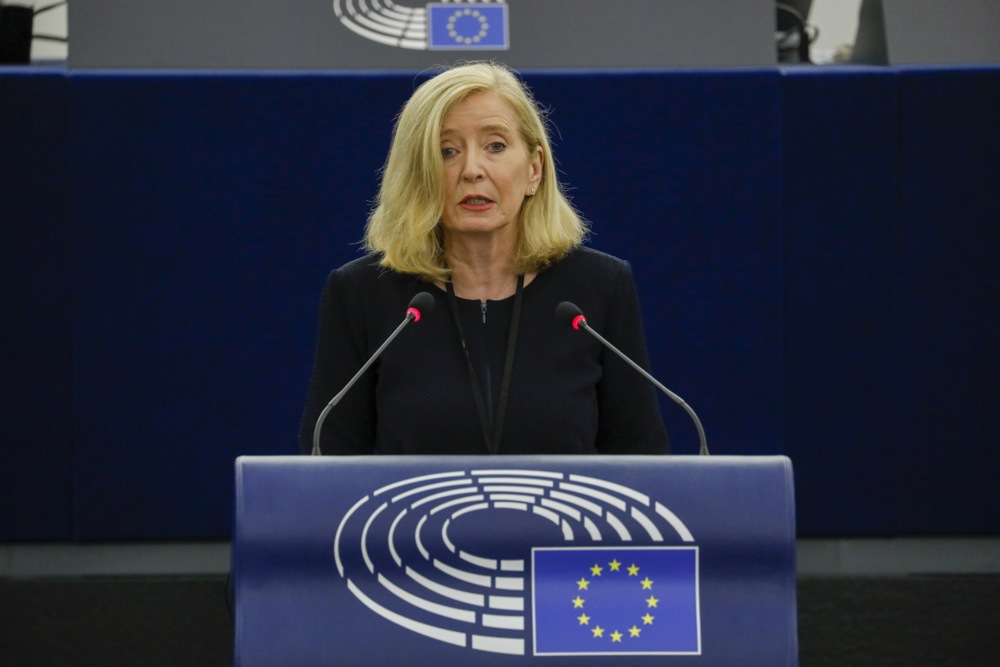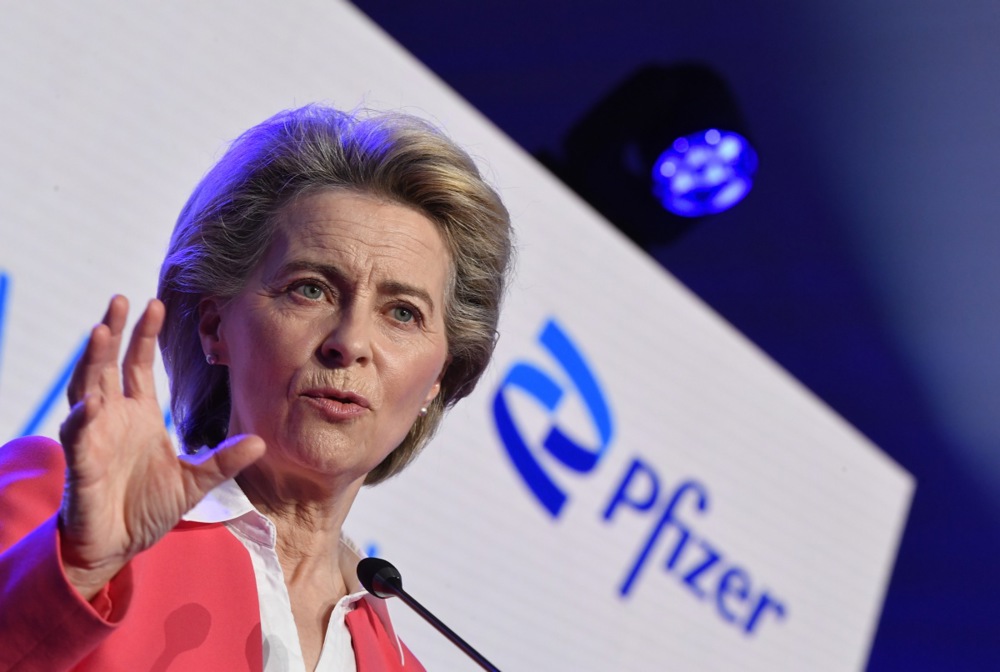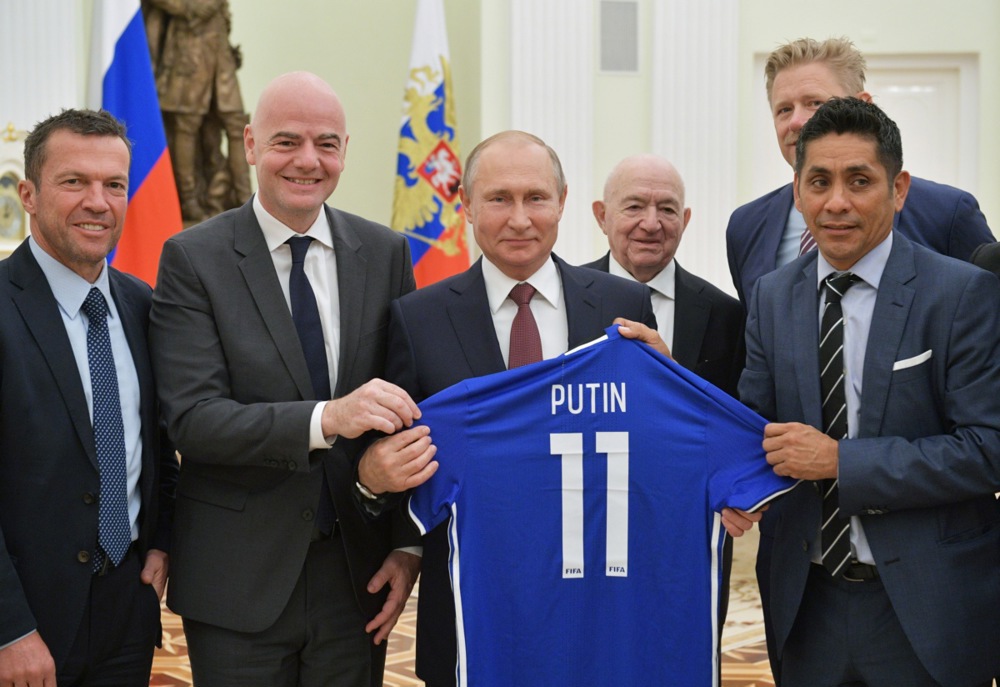Brussels Signal interviews European Ombudswoman Emily O’Reilly.
O’Reilly has served since 2013, the same year as Jorge Mario Bergoglio was chosen to lead the Catholic Church, becoming Pope Francis.
That year also saw an enlargement of the European Union, with Croatia becoming the 28th Member State (now 27 since Brexit). Today, EU enlargement is back on the table, with Moldova, the southern Balkans and even Ukraine and Georgia as possible new members, albeit over differing timeframes.
Expansion is not the only issue dominating conversation in Brussels. Migration, institutional reform and corruption are all major talking points.
We asked her how she looks at these problems.
Enjoy.
Brussels Signal: You asked the European Commission for explanations regarding the EU agreement with Tunisia, mainly concerning human rights. Now that Tunisia has buried the agreement, what is your position?
I still expect the Commission to respond to my questions. The Commission’s answers may provide useful input into how it works to ensure respect for fundamental rights in agreements with third countries in general.
Brussels Signal: We see an increasing number of crises, or at least things are communicated that way: the Migration crisis, Covid Crisis, two wars at our borders, climate crisis… How does this affect your job – does it limit oversight?
The EU is often called upon to take decisions urgently. We saw several examples of this over recent years in relation to dealing with the COVID-19 pandemic and then in relation to the war in Ukraine. What is important is that the default mode of a citizen-oriented administration should be one that enables public discussion and scrutiny.
Brussels Signal: The current administration has seen two major scandals in a relatively short time. First, the private messages between EC President Ursula von der Leyen and Albert Bourla, the Pfizer CEO. You had harsh words for what happened but we are still at square one; will this ever change?
We have closed this particular inquiry with a finding of maladministration. I hope that the Commission adapts its internal practices so that in future text messages related to EU policies are registered as documents.
We have since published practical recommendations for the EU administration to help them establish best practices in this area.
Brussels Signal: Qatargate is hamstrung in the Belgian courts but the same could happen again as new anti-corruption legislation seems underwhelming. You already called the changes “cosmetic” and the ethics body “toothless”. What changes are needed?
The European Parliament has made significant progress on reforming its ethics rules since the scandal broke, including creating a more detailed definition of conflict of interests and introducing an obligation for MEPs to publish all meetings with registered lobbyists and diplomatic representatives from non-EU countries. A remaining concern is monitoring and enforcement as this will determine the quality of the reforms. For instance, it is not clear how Parliament will enforce the obligation to publish meetings with lobbyists. Parliament needs to prove to EU citizens that the reforms are sufficient, particularly with EU elections taking place next year.
Brussels Signal: The European Union wants to expand with new countries that have a ‘challenging’ track record on transparency and good governance. How do you look at enlargement – does your office need to adapt if the Balkan joins, or Ukraine at a later stage?
The work of the European Ombudsman concerns the EU’s institutions, bodies, and agencies, and not those of current or future Member States. This will remain the case after any future EU enlargement.
Brussels Signal: Wouldn’t it be better to merge the European Public Prosecutor’s Office, the European Anti-Fraud Office and your office into one ‘super institution’, with more power to tackle problems more profoundly?
Every oversight institution has its own role to play when it comes to ensuring good and fair public administration. I believe that our individual mandates allow us to better play to our strengths and more effectively focus on the particular areas for which we are responsible.
Brussels Signal: You’ve been doing the job for 10 years now. What is your biggest achievement?
My biggest achievement is using the powers of my office in a strategic manner so that we can achieve improvements in transparency and accountability standards across the EU administration that benefit all EU citizens.
Brussels Signal: And what is your biggest frustration?
An issue that is of particular importance for enabling participation in the democratic life of the EU is timely access to EU documents. The EU has a progressive access to documents law but it is not always implemented as it should be. I regularly receive complaints about the fact that the deadlines under the access law are not respected – particularly by the European Commission – meaning that people receive their requested documents long after the initial request and often when they are no longer useful for them.
Brussels Signal: If you had absolute free rein, how would you make your own service better, stronger?
My office has considerable powers, including the possibility to open own-initiative inquiries and inspect EU documents. It is staffed by people who are committed to bringing out the best in the EU administration through the inquiries that are carried out. If I had to wish for something, it would be that the EU institutions as a whole would give more consideration to citizens’ right to access EU documents.
Brussels Signal: Both the EU and your native Ireland seem to clamp down on free speech when societal tensions rise, especially regarding migration. Isn’t that detrimental as doesn’t it undercut public trust?
This question is best addressed to other EU or national institutions.
Brussels Signal: What institutions have the best practices on integrity, who is leading the pack?
We have not carried out a cross-institution comparison when it comes to best practice. I hope all EU institutions continuously strive to adopt and apply the highest ethics standards. The new proposed ethics body could for instance compel institutions to look at their own ethics regimes, compare them with other institutions, and exert peer pressure.
Brussels Signal: With 2023 coming to an end, was it a good year? And what do you expect of the next?
From an EU perspective, next year will be defined by the European elections in June. The result of that vote will determine the EU’s approach to a range of issues, including climate change, defence, migration and AI. The outcome will also help shape the kind of role the EU wants to play on the world stage. I believe there is a greater understanding of what individual votes will mean for issues that people care about, so I hope this will encourage strong participation and interest in the election.
https://twitter.com/EUombudsman/status/1730529568686211174?s=20
What impact has our work had on citizens and the EU administration?
Over the years, we have helped make the institutions, bodies, and agencies of the European Union more transparent, accountable, and ethical. ?
Some positive changes, a ? pic.twitter.com/0we4ZfBgb0
— European Ombudsman (@EUombudsman) December 1, 2023





